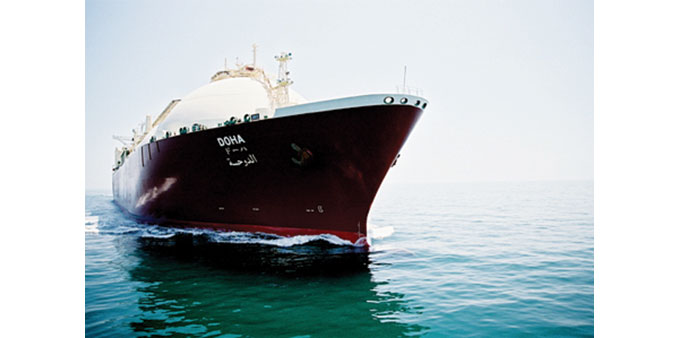The main concern for the hydrocarbon sector in Qatar continues to be dropping oil prices
Despite the decline in the composite Business Optimism Index (BOI) over the last two quarters, the outlook for the overall business environment in Qatar remains strong, a new report has shown.
The third-quarter BOI report, conducted by Dun & Bradstreet and sponsored by the Qatar Financial Centre (QFC), shows that although planned expansion activities have lost some traction in both the hydrocarbon and non-hydrocarbon sectors; the overall business environment outlook still remains strong.
The construction sector forecast declined from a BOI of 46 in Q2 to 34 in Q3, 2015 on the back of competition, drying up of new projects and reduced business activity during the summer season.
This ‘off-season’ also saw the composite BOI for the trade and hospitality sector reach its second lowest level in six years, dropping from 28 in Q2 to 6 in Q3.
The outlook for the finance, real estate and business services sector also revealed a weaker third quarter with a 15-point decrease, from 49 in Q2 to 34 in Q3. Despite the decline in scores for the transport and communications sector, expectations over securing new projects and orders in the coming quarter remained firm.
The main concern for the hydrocarbon sector continues to be dropping oil prices, while for the non-hydrocarbon sector the primary bone of contention is the adverse impact of competition coupled with the delays in payments/receivables.
Yousuf al-Jaida, QFC Chief Executive Officer, said, “Over the years, we have noticed a trend in which the private sector expects Q3 to be a weak quarter. This we know is attributable to seasonal factors and is not indicative of the overall business environment.”
“Overall, Qatar’s economy continues to grow and diversify steadily. The private sector is also maturing. We see this not only in the type of international firms setting up in Qatar, but also from the expansion of the QFC firms across the regional and international markets . This is the bigger picture trend we are seeing” he added.
Rajesh Mirchandani, Dun & Bradstreet CEO, said: “The Q3 results are indicative of the overall sentiment in Qatar throughout the summer season, characterised by an underlying combination of reduced working hours during the Holy month, the onset of holidays and a significant portion of the working population travelling abroad. Although there has been a decline in results, the overall business environment remained positive, which is in part due to the huge government spending to diversify the economy.”
Meanwhile, the small and medium enterprises (SMEs) community continued its more positive outlook compared to large companies when it came to the overall business environment with 61% of SMEs indicating that they did not anticipate any adverse factors to hamper business operations in Q3. It compares with a corresponding 55% proportion of large companies, that resonated the same sentiment.
However, SMEs continued to post a weaker forecast with respect to volumes of sales, new orders, profitability and hiring.

